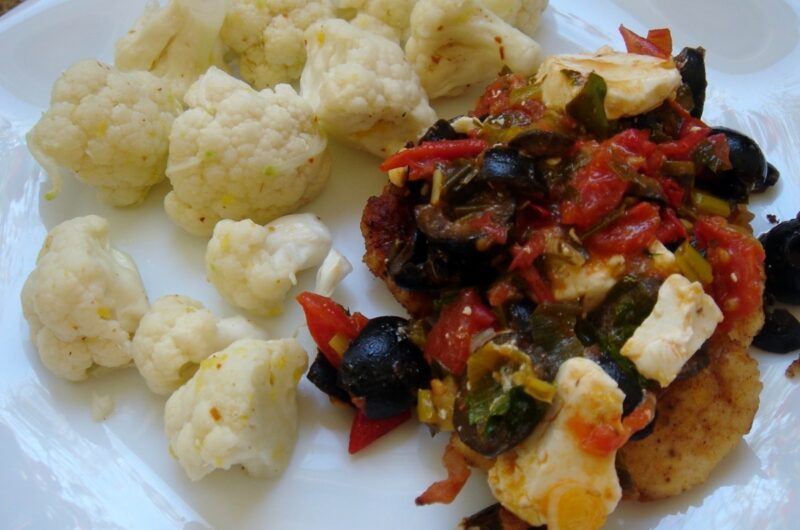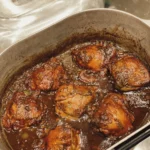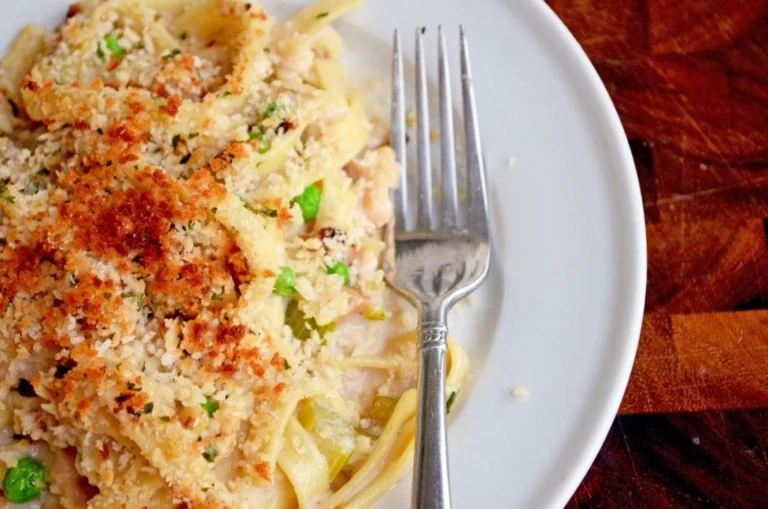Chicken Onassis Recipe
In the world of gastronomy, certain recipes transcend their humble origins to become iconic dishes that capture the essence of a culture or era. Among these culinary legends, the Chicken Onassis recipe stands as a testament to creativity, flavor, and innovation. Named after the famous Greek shipping magnate Aristotle Onassis, this dish has evolved over the years, inspiring countless variations and interpretations. In this exploration, we dive into the history, cultural significance, and enduring appeal of the Chicken Onassis recipe, without delving into its specific ingredients, directions, or variations.
Contents
A Glimpse into History:
The origins of the Chicken Onassis recipe are shrouded in mystery, much like the enigmatic figure it is named after. Aristotle Onassis, a Greek shipping tycoon, was known for his extravagant lifestyle and love for fine dining. While it’s unclear whether the dish was actually a favorite of Onassis himself, its association with his name has added a layer of mystique to its history.
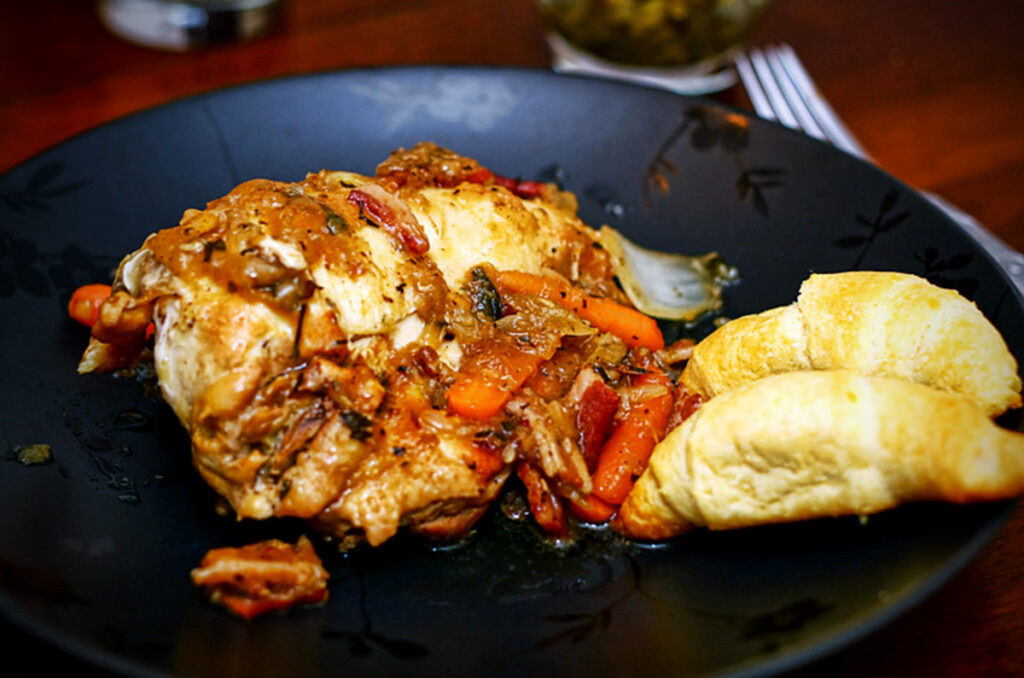
Cultural Significance:
Beyond its origins, the Chicken Onassis recipe has taken on a deeper cultural significance. In Greece, where Aristotle Onassis was born, the dish is regarded as a symbol of culinary innovation and resourcefulness. It embodies the Greek spirit of combining traditional flavors with international influences, reflecting the country’s rich history of trade and cultural exchange.
Furthermore, the Chicken Onassis recipe has become a staple of celebratory meals and special occasions in Greece and beyond. Its association with luxury and extravagance makes it a popular choice for weddings, anniversaries, and other significant gatherings. The dish’s ability to bring people together over a sumptuous meal highlights the importance of food not just as sustenance but as a means of forging connections and creating cherished memories.
The Enduring Appeal:
What sets the Chicken Onassis recipe apart from other culinary creations is its enduring appeal. Despite its association with a bygone era of glamour and excess, this dish continues to captivate the taste buds of both seasoned gourmets and casual food enthusiasts. Its adaptability and versatility have allowed it to evolve with the times, embracing new ingredients and cooking techniques while preserving its core essence.
The Chicken Onassis recipe’s enduring appeal can be attributed to its ability to balance contrasting flavors and textures. It often combines tender chicken with rich sauces, aromatic herbs, and a medley of vegetables, resulting in a harmonious symphony of tastes. This balance is key to its universal appeal, as it caters to a wide range of palates and dietary preferences.
Chicken Onassis Recipe
4
30
minutes40
1200
kcalIngredients
4 boneless, skinless chicken breasts
1/2 cup Greek yogurt
2 cloves garlic, minced
1 lemon, juiced and zested
1 teaspoon dried oregano
Salt and pepper to taste
2 tablespoons olive oil
Fresh parsley, for garnish (optional)
Directions
- Start by marinating the chicken breasts. In a bowl, combine the Greek yogurt, minced garlic, lemon juice, lemon zest, dried oregano, salt, and pepper. Mix them well to create a flavorful marinade.
- Place the chicken breasts in a zip-top bag or a shallow dish and pour the marinade over them. Seal the bag or cover the dish and refrigerate for at least 30 minutes, or if time allows, marinate for up to 4 hours.
- Preheat your grill or a grill pan over medium-high heat. If using a grill pan, add a bit of olive oil to prevent sticking.
- Remove the chicken from the marinade, allowing any excess to drip off. Grill the chicken breasts for about 6-8 minutes per side, or until they are fully cooked, with grill marks and a golden-brown exterior.
- Once cooked, remove the chicken from the grill and let it rest for a few minutes. Then, slice it into thin strips or serve it whole.
- Drizzle a bit of olive oil over the grilled chicken and garnish with fresh parsley, if desired. Serve your Chicken Onassis with a side of salad, rice, or pita bread for a complete meal.
Nutritional Content:
- Calories per serving (one chicken breast): Approximately 250-300 kcal
- Protein: 30-35 grams
- Carbohydrates: 5-10 grams
- Fat: 10-12 grams
- Fiber: 1-2 grams
- Sugars: 2-3 grams
Frequently Asked Questions (FAQs):
1. Can I use a different type of yogurt in the marinade?
Yes, you can use plain yogurt or even non-dairy yogurt alternatives like almond or soy yogurt if you have dietary preferences or restrictions.
2. What can I serve with Chicken Onassis?
Chicken Onassis pairs wonderfully with a variety of sides, including rice, quinoa, salad, roasted vegetables, or pita bread. Tzatziki sauce is also a delicious addition.
3. Can I prepare Chicken Onassis in advance?
Absolutely! You can marinate the chicken ahead of time and store it in the refrigerator for up to 24 hours before grilling.
4. Can I use chicken thighs instead of chicken breasts?
Yes, you can use boneless, skinless chicken thighs for this recipe. They will have a slightly different texture and flavor but will work well.
5. How do I know when the chicken is fully cooked?
To ensure the chicken is fully cooked, use a meat thermometer. The internal temperature should reach 165°F (74°C). Additionally, the chicken should be firm to the touch and no longer pink in the center.
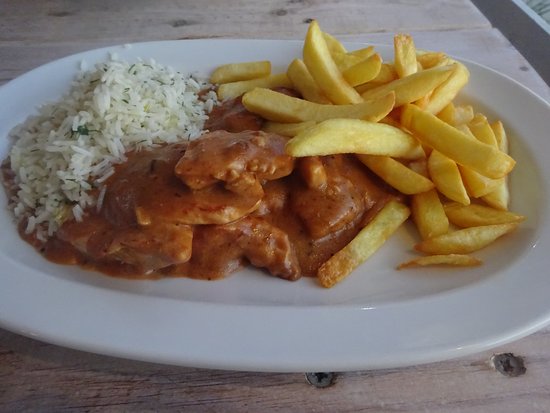
Can I Use the Chicken Onassis Recipe to Make Buffalo Barclay Chicken Salad Chick?
Yes, you can use the Chicken Onassis recipe to make Buffalo Barclay Chicken Salad Chick. Simply follow the steps of the Chicken Onassis recipe, but replace the seasonings with the ones specified in the buffalo barclay chicken salad recipe. This will give your salad a delightful and spicy twist.
Conclusion:
In conclusion, the Chicken Onassis recipe represents more than just a sumptuous meal; it is a culinary journey through history, culture, and timeless flavors. Its mysterious origins, cultural significance, and enduring appeal make it a dish that transcends borders and generations. Whether enjoyed in the heart of Greece or at a family gathering halfway around the world, the Chicken Onassis recipe serves as a reminder of the power of food to bring people together, spark conversations, and create lasting memories. So, the next time you savor a plate of Chicken Onassis, remember that you are partaking in a culinary legacy that has stood the test of time, and let its flavors transport you to a world of elegance, extravagance, and timeless taste.

